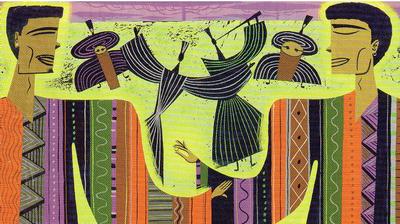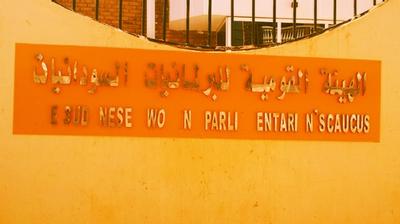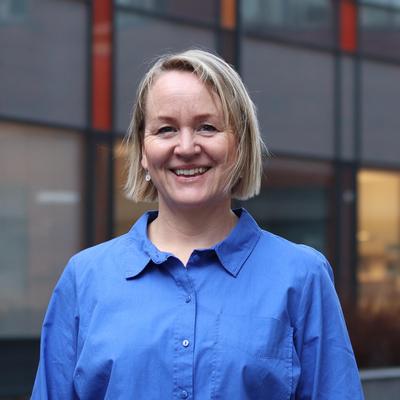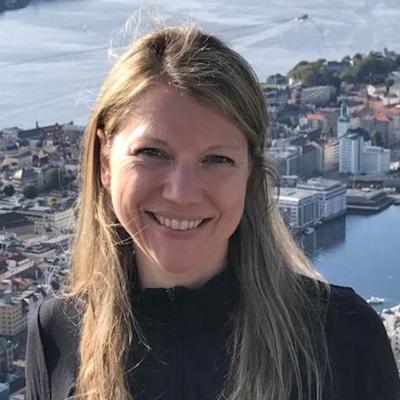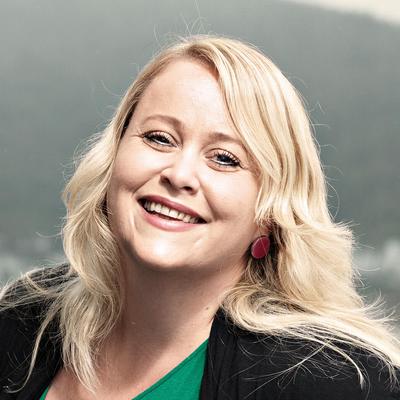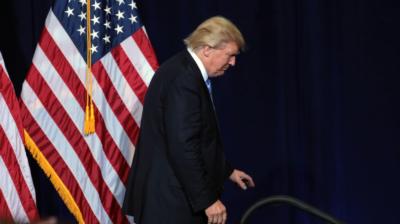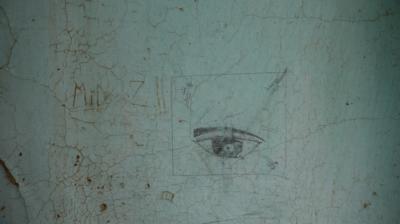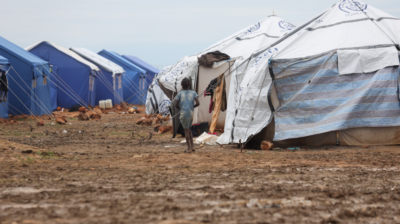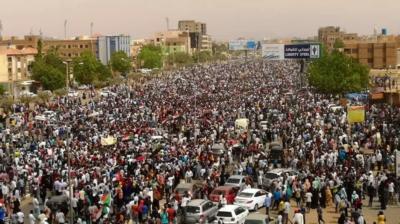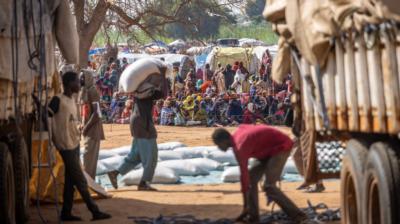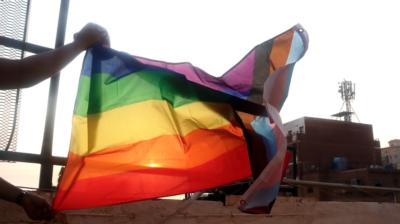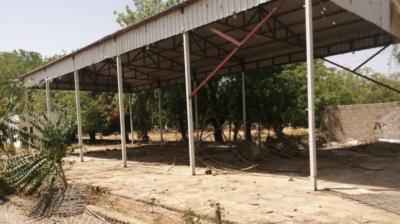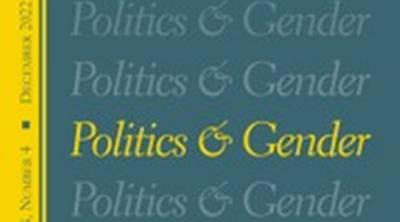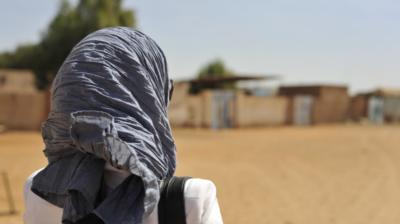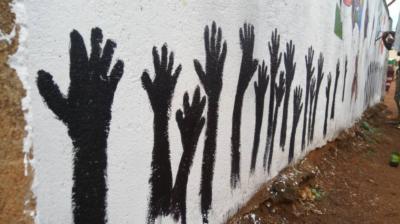Sudan
Sudan was divided in 2011 when South Sudan achieved its independence after the longest war on the African continent. We research how local conflicts are absorbed into or affected by macro-political conflicts, in addition to research on gender issues and political Islam.
Current projects
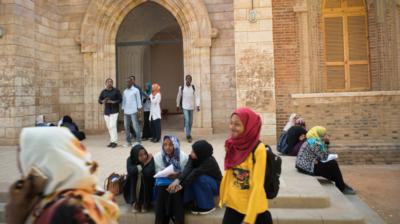
Sudan-Norway Academic Cooperation (SNAC)
Completed projects
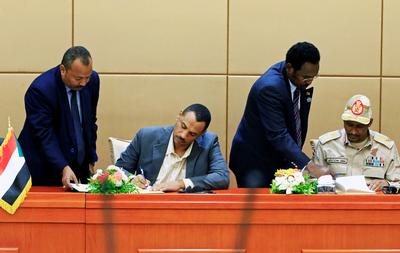
Assisting Regional Universities in Sudan (ARUS)
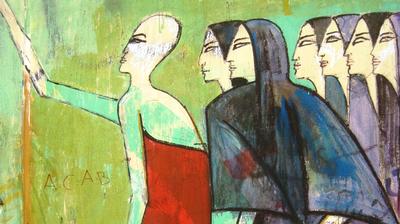
Women and Peacebuilding in Africa

Evaluation of Norwegian engagement in South Sudan
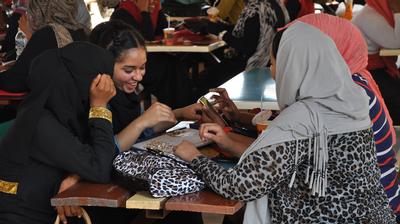
ARUSS: Assisting regional universities in Sudan and South Sudan
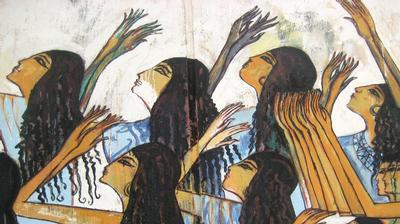
Women's Human Rights and Law Reform in the Muslim World
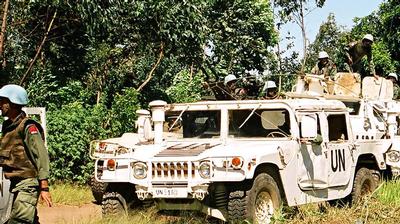
Protection of Civilians: From Principle to Practice
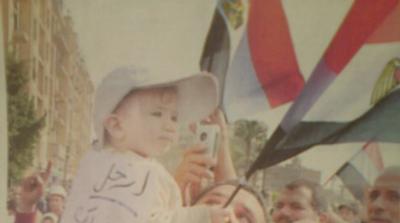
Transformations in the Arab World
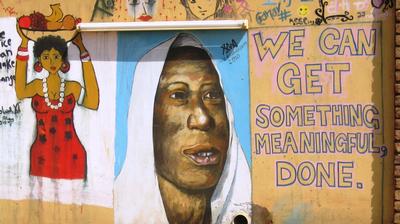
Caught between rape and adultery in Sudan
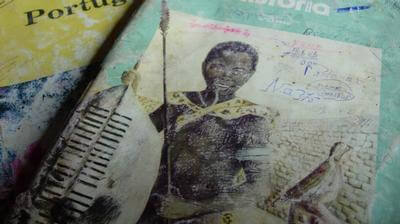
Revenue mobilization at sub-national levels in Sudan
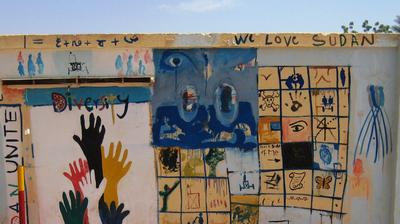
Peacebuilding in Sudan: Micro- Macro Issues
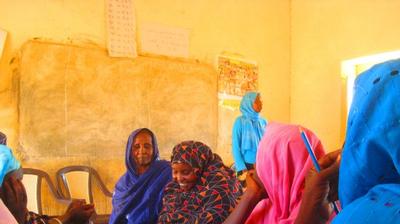
Gender based violence in conflict-torn Sudan
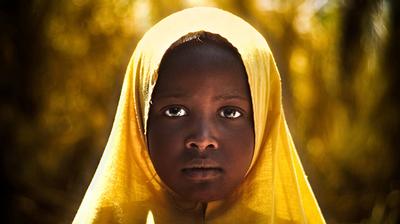
Joint Evaluation of Norwegian and Swedish Aid in Support of Child Rights
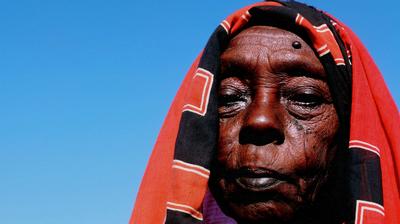
Women and Peacebuilding in Sudan

Religious Dialogue and Peace-Building in Sudan

Norwegian assistance to countries in conflict
Conflict and peacebuilding
Sudan’s economy was badly hurt by the loss of territory as most of the oil is found in South Sudan, but while the country continues to suffer from conflict and violence in several areas, the Islamist government that came to power in 1989 still rules with some degree of stability, particularly when compared to the situation in Sudan’s neighborhood (Libya, Yemen, South Sudan, Central African Republic).
Since 2013, CMI has together with the University of Bergen assisted the building of research cultures in regional universities through cooperation between staff of those universities, local policy makers and NGOs. All CMI research in Sudan has as one of its main objectives to influence policy.
CMI’s Sudan engagement dates back to 1974 when Just Faaland led an ILO mission which resulted in a book which became very influential in the debate on economic development in Sudan (“Growth, Employment and Equity: Comprehensive Strategy for Sudan”). When it was apparent that there would likely be a peace agreement between the government and the Sudan People’s Liberation Movement (SPLM), CMI was commissioned to write a lessons learnt report from similar post-war situations (2004). After a Comprehensive Peace Agreement (CPA) was concluded in 2005, facilitated to a large extent by Norway, CMI embarked on a joint research program with Ahfad University for Women and the University of Khartoum (“Micro Macro Issues in Peacebuilding”). The program has funded research by Sudanese colleagues and students, produced a substantial number of Sudanese Master and four PhD degrees, and promoted Sudanese academic voices, which are often neglected by international actors.
